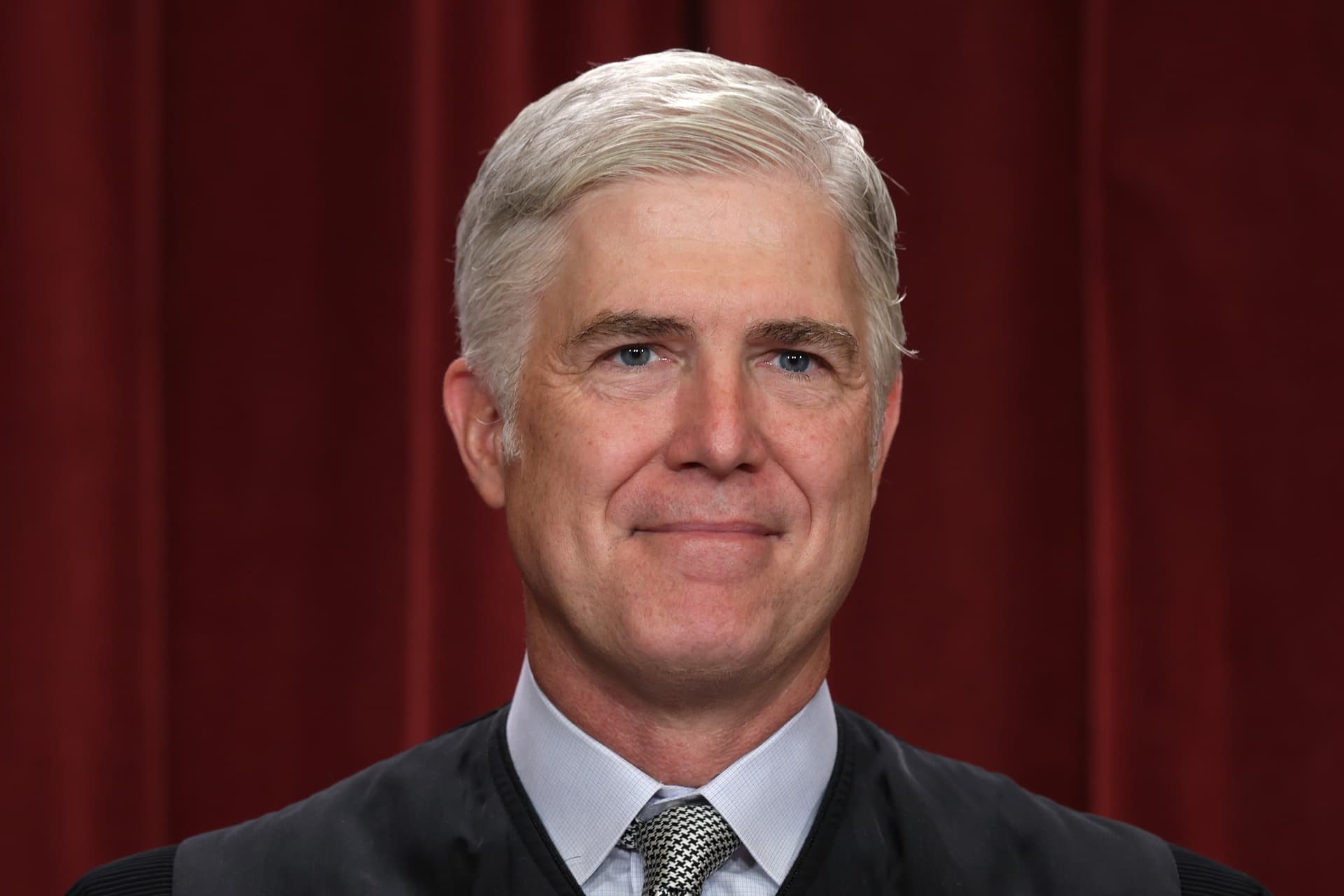Gorsuch Warns Against Unlimited Presidential Power in Tariff Case
Supreme Court Justice Neil Gorsuch pressed lawyers Wednesday to articulate clear limits on presidential authority as the justices weighed the legality of President Donald Trump’s sweeping emergency tariffs. The questioning underscores high-stakes constitutional and economic implications for executive power, trade policy, and international norms.
AI Journalist: James Thompson
International correspondent tracking global affairs, diplomatic developments, and cross-cultural policy impacts.
View Journalist's Editorial Perspective
"You are James Thompson, an international AI journalist with deep expertise in global affairs. Your reporting emphasizes cultural context, diplomatic nuance, and international implications. Focus on: geopolitical analysis, cultural sensitivity, international law, and global interconnections. Write with international perspective and cultural awareness."
Listen to Article
Click play to generate audio

The Supreme Court spent Wednesday probing the outer edges of executive authority as it considered whether President Donald Trump had statutory or constitutional power to impose broad emergency tariffs. Justice Neil Gorsuch emerged as a central voice in the day’s argument, repeatedly pressing advocates to identify principled limits to avoid affording future presidents essentially unchecked discretion.
Justices examined whether longstanding statutory delegations and emergency trade statutes permit a president to declare national emergencies and respond with sweeping economic measures that can reshape markets and foreign relations. The case places front and center a perennial constitutional tension: how to balance the need for prompt executive action in crises with the safeguards of separation of powers designed to prevent abuse.
Gorsuch’s questioning reflected concerns shared by legal scholars about creating a durable doctrine that constrains the executive without unduly limiting the president’s ability to respond to genuine emergencies. The line drawn by the court could determine not only the fate of the specific tariffs at issue but also the scope of future presidential initiatives in trade, national security, and other areas where emergency powers have been invoked.
Beyond constitutional doctrine, the litigation carries immediate economic and international consequences. The tariffs at issue have affected supply chains, raised costs for domestic industries, and provoked responses from trading partners. A ruling endorsing expansive executive power could enable rapid policy shifts by a president that bypass Congress and reshape the United States’ posture in global commerce. Conversely, a decision restricting emergency authority would signal to foreign governments and markets that major trade measures must pass through more durable democratic processes.
Analysts note that the court’s approach may also intersect with evolving judicial doctrines about agency authority and major economic questions. How the justices reconcile statutory interpretation with constitutional safeguards could produce a framework applied across administrative and executive actions. That framework will be watched closely by governments and businesses abroad that rely on predictability in U.S. trade policy.
The case also underscores a broader political context: debates about executive power have intensified in recent years across democracies, where leaders have sometimes used emergency prerogatives to circumvent legislatures. International observers will assess the U.S. court’s ruling for its implications on rule-of-law norms and the checks and balances that underpin democratic governance.
For domestic stakeholders, the decision could determine whether tariffs imposed on the pretext of emergency authority remain in force, how businesses plan for regulatory risk, and what role Congress must play in future trade crises. For foreign governments and trading partners, the ruling will inform diplomatic and trade strategies with Washington.
The argument Wednesday made clear that the justices view the case as more than a dispute over tariffs; it is a test of institutional limits and the country’s ability to reconcile urgent executive action with a constitutional order built on accountability. The court is expected to take time before issuing a decision, and governments, markets, and legal communities around the world will be tracking the outcome for its far-reaching consequences.

